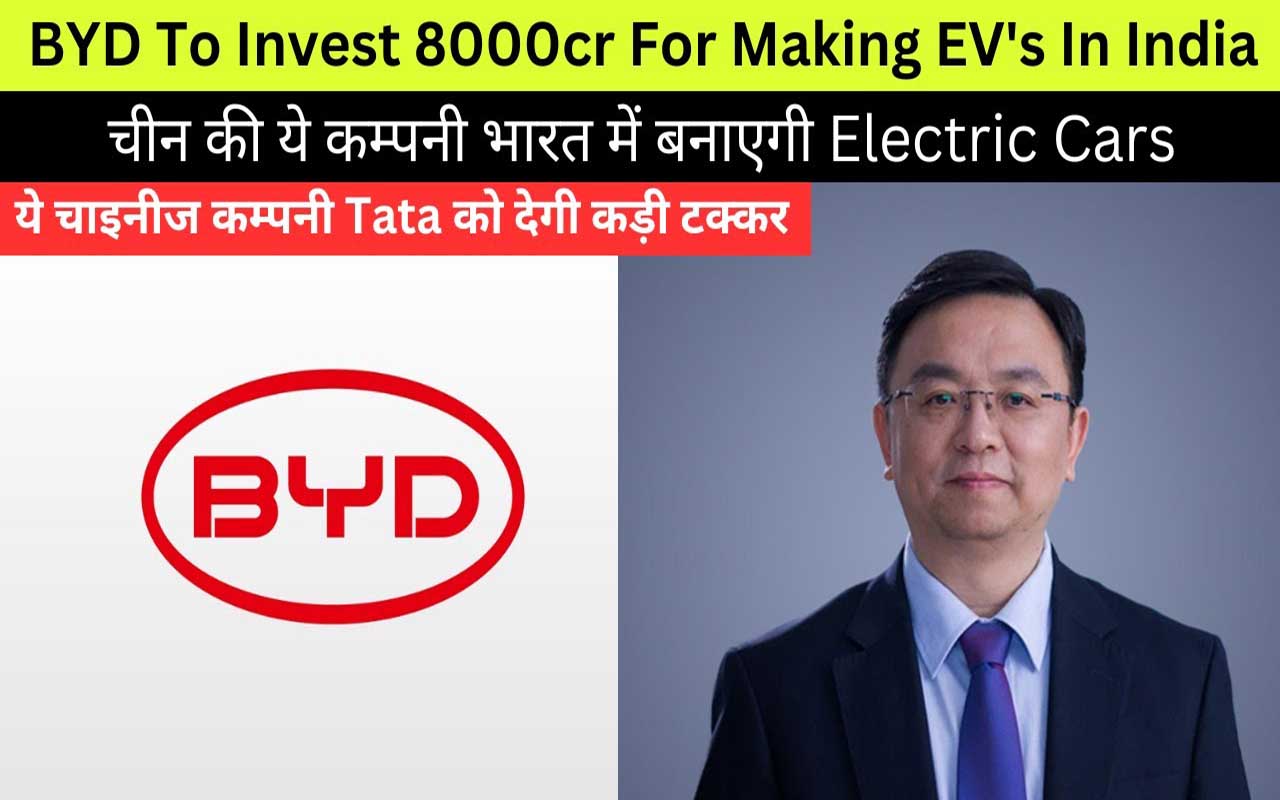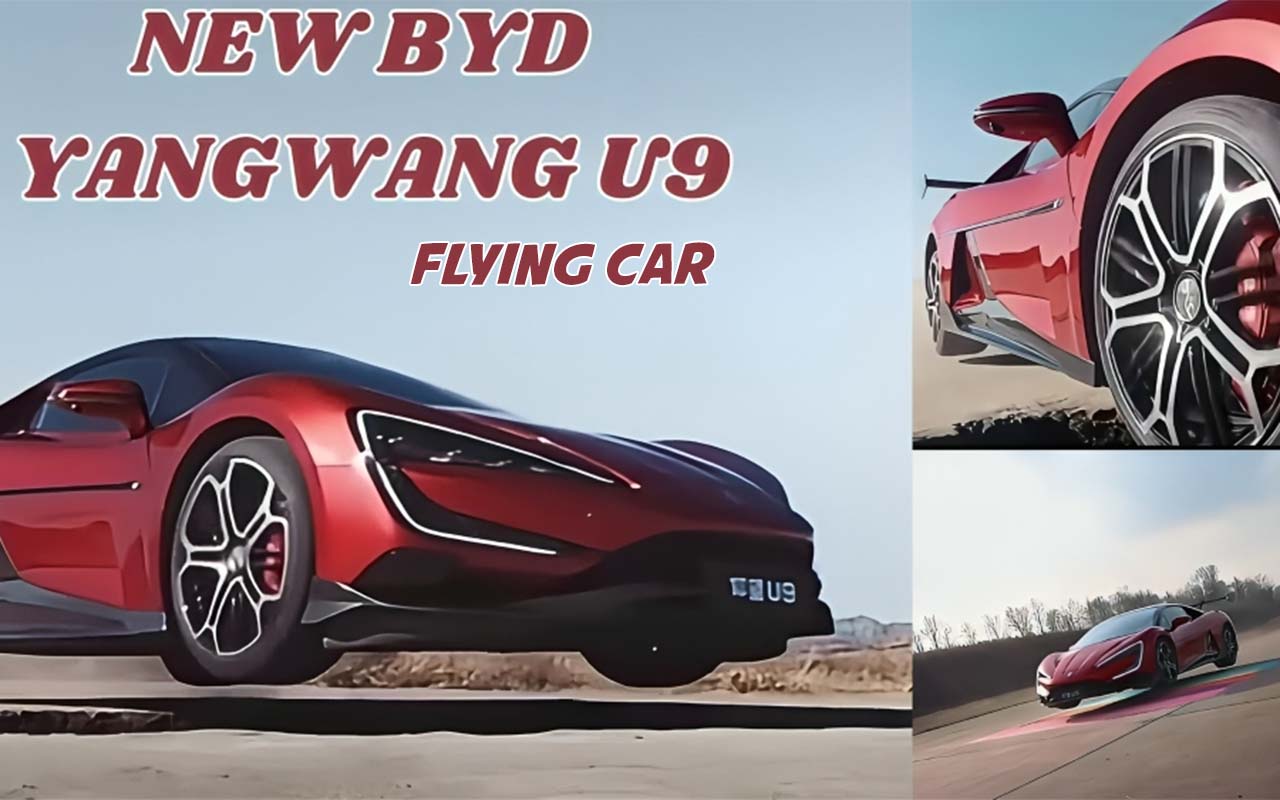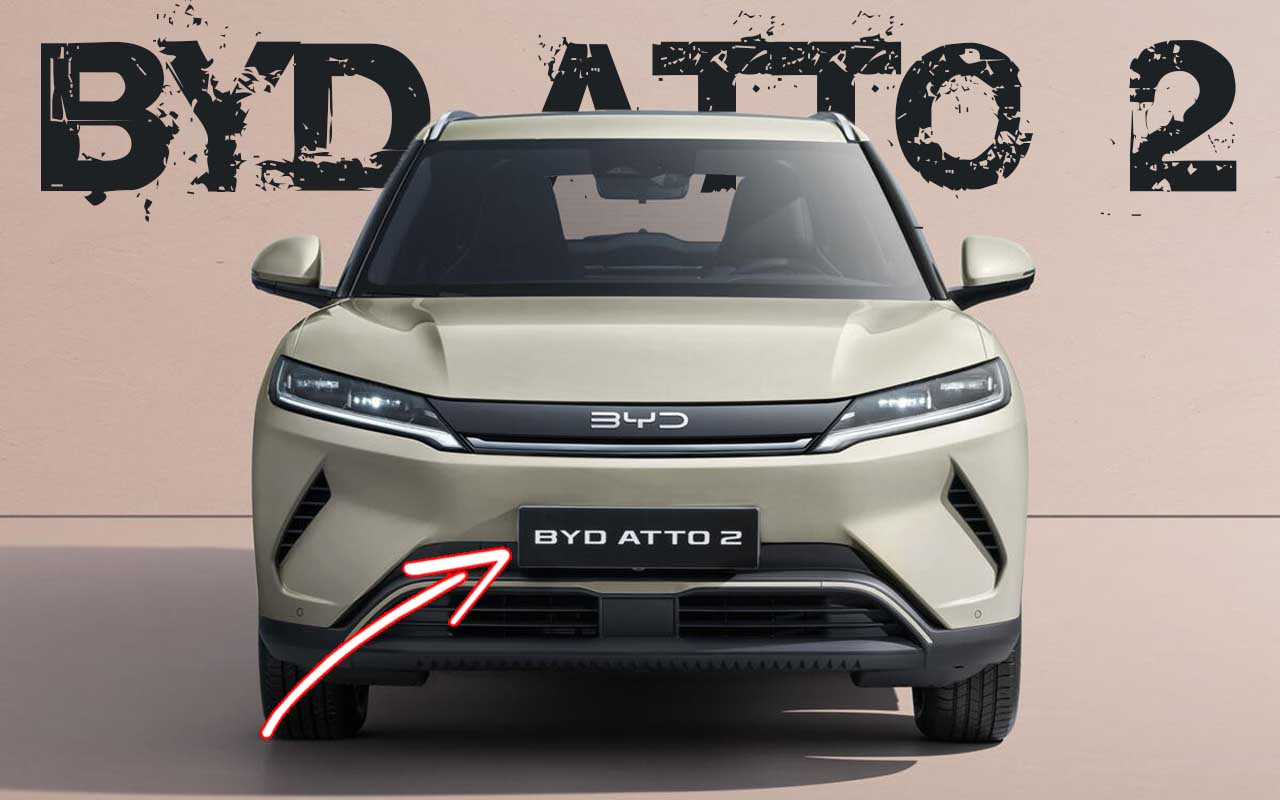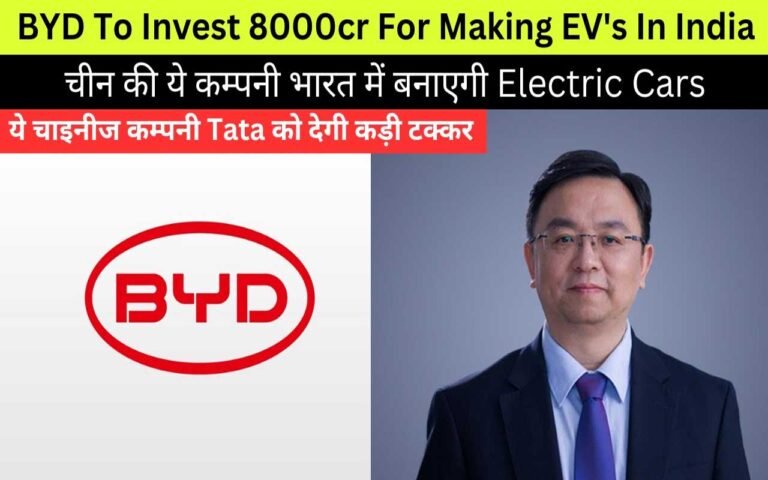
China’s electric vehicle (EV) leader, BYD, is gearing up to transform India’s automotive landscape with its first-ever passenger car factory near Hyderabad, Telangana. With a massive $10 billion investment, this ambitious project is set to make waves in India’s fast-growing EV market. It’s not just about building cars—BYD’s move could speed up India’s shift to cleaner, greener transportation while creating jobs and sparking innovation.
Who Is BYD?
BYD, short for Build Your Dreams, started in 1995 as a battery maker. Today, it’s the world’s top producer of plug-in electric vehicles, operating in over 50 countries. In India, BYD has been around since 2007, supplying electric buses and commercial vehicles. Now, it’s taking a big leap into the passenger car market with this new factory, signaling a bold new chapter for the company in India.
The Hyderabad Factory: Big Plans, Big Impact
The Hyderabad facility is no small endeavor. Spanning 500 acres, it’s designed to churn out 600,000 electric vehicles every year by 2032. That’s enough to make it one of India’s biggest EV production hubs.
On top of that, BYD is planning a 20-gigawatt battery plant to power those vehicles, building a strong foundation for India’s EV future. This project could turn Hyderabad into a buzzing center for EV manufacturing, drawing in suppliers and creating thousands of jobs along the way.
Government Backing the EV Push
The Telangana government is rolling out the red carpet for BYD, providing land and incentives to seal the deal. This fits perfectly with India’s national goal of becoming a global leader in electric mobility. The central government is also pitching in by relaxing rules on foreign investments—including those from China—to give the EV industry a boost. It’s a team effort to get more electric cars on Indian roads.

BYD Yangwang U9 The Electric Car That Can Jump
Heating Up the Competition
BYD’s arrival is shaking up India’s EV scene. Big names like Tesla have been circling the market, but BYD’s local production could give it an edge with lower prices. Homegrown companies like Tata Motors and Mahindra will need to step up their game to keep pace. While the competition heats up, BYD’s presence might also spark partnerships and new ideas, lifting the whole industry.
Tech That Stands Out
What makes BYD special? Its Blade Battery technology is a standout—safer, longer-lasting, and more efficient than typical batteries. Plus, BYD’s latest fast-charging tech, like a 1 MW charger that powers up a car in 5-8 minutes for a 400 km range, could tackle worries about charging times and distances. These innovations might just convince more Indians to switch to EVs.

BYD Jumping Car is An Advanced Electric Car Launched With Modern Technology
Jobs, Growth, and a Cleaner Future
The economic perks are hard to ignore. The factory will create thousands of jobs—both directly and in related industries like parts suppliers and services. On the environmental side, more EVs mean fewer tailpipe emissions, helping India fight air pollution and meet its climate goals. With transportation clogging city air, this shift could make a real difference for public health.
Bumps in the Road
It’s not all smooth driving, though. Tensions between India and China have historically made Chinese investments tricky, and BYD will need to tread carefully. Setting up a supply chain, winning over customers, and competing with established players won’t be easy either. Success will depend on how fast India builds charging stations and how warmly buyers embrace EVs.
What’s Next?
BYD’s Hyderabad factory is a game-changer in the making. With huge investment, cutting-edge tech, and government support, it could reshape how India moves. As production ramps up, everyone’s watching to see how BYD’s bold bet pays off—and what it means for India’s EV revolution.

BYD Reveals New Compact Electric SUV The Atto 2 Launch date
Key Facts at a Glance:
| Aspect | Details |
|---|---|
| Investment | $10 billion |
| Location | Near Hyderabad, Telangana |
| Production Capacity | 600,000 EVs annually by 2032 |
| Battery Plant | 20-gigawatt capacity |
| Job Creation | Thousands of direct and indirect jobs |
| Technological Focus | Blade Battery, fast-charging technology |
| Government Support | Land allocation, incentives from Telangana and central government |
| Market Impact | Increased competition, potential for lower EV prices |
| Environmental Benefits | Reduced emissions, alignment with India’s net-zero goals |

